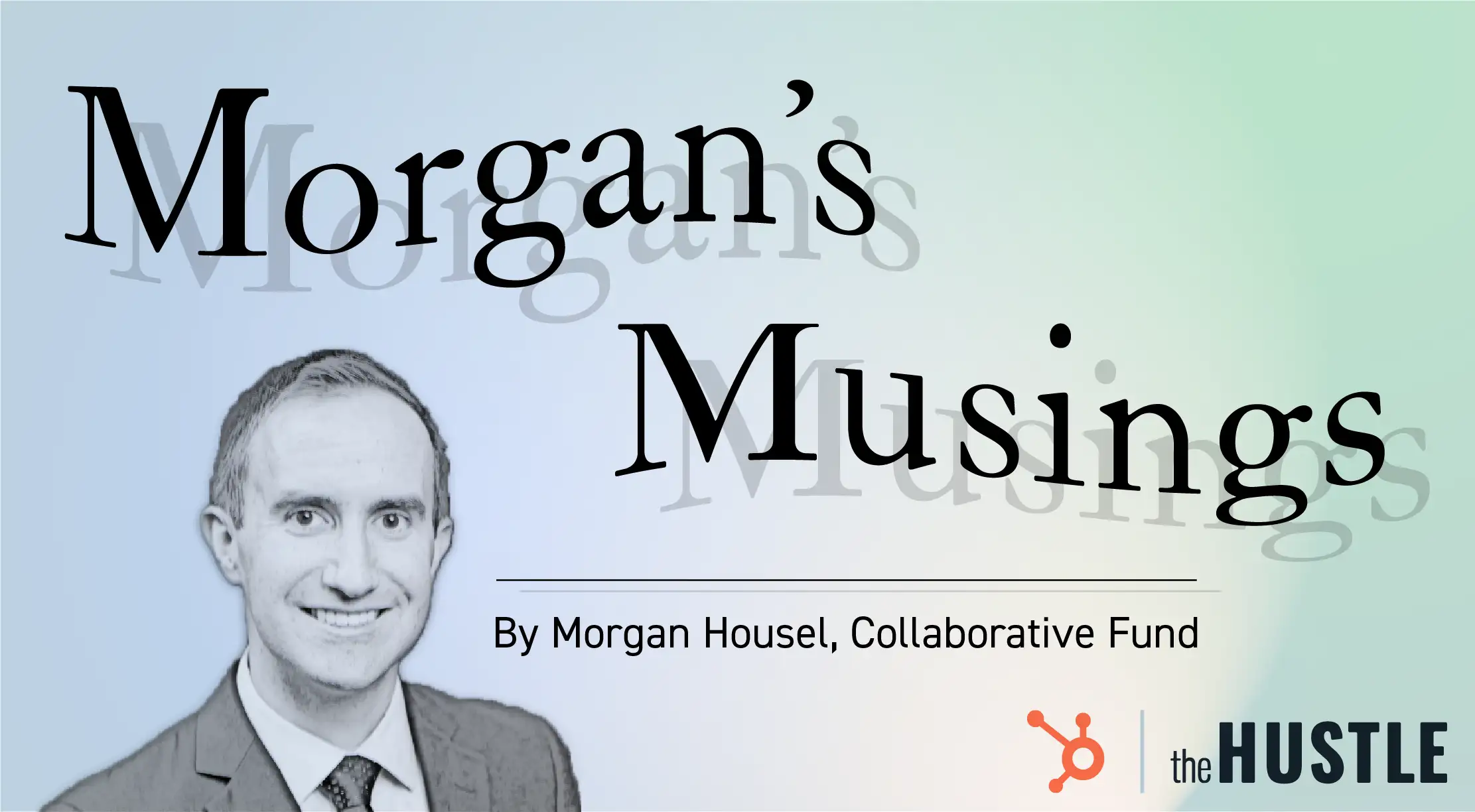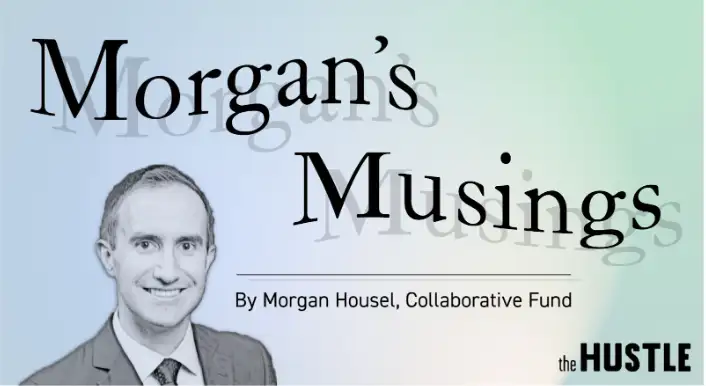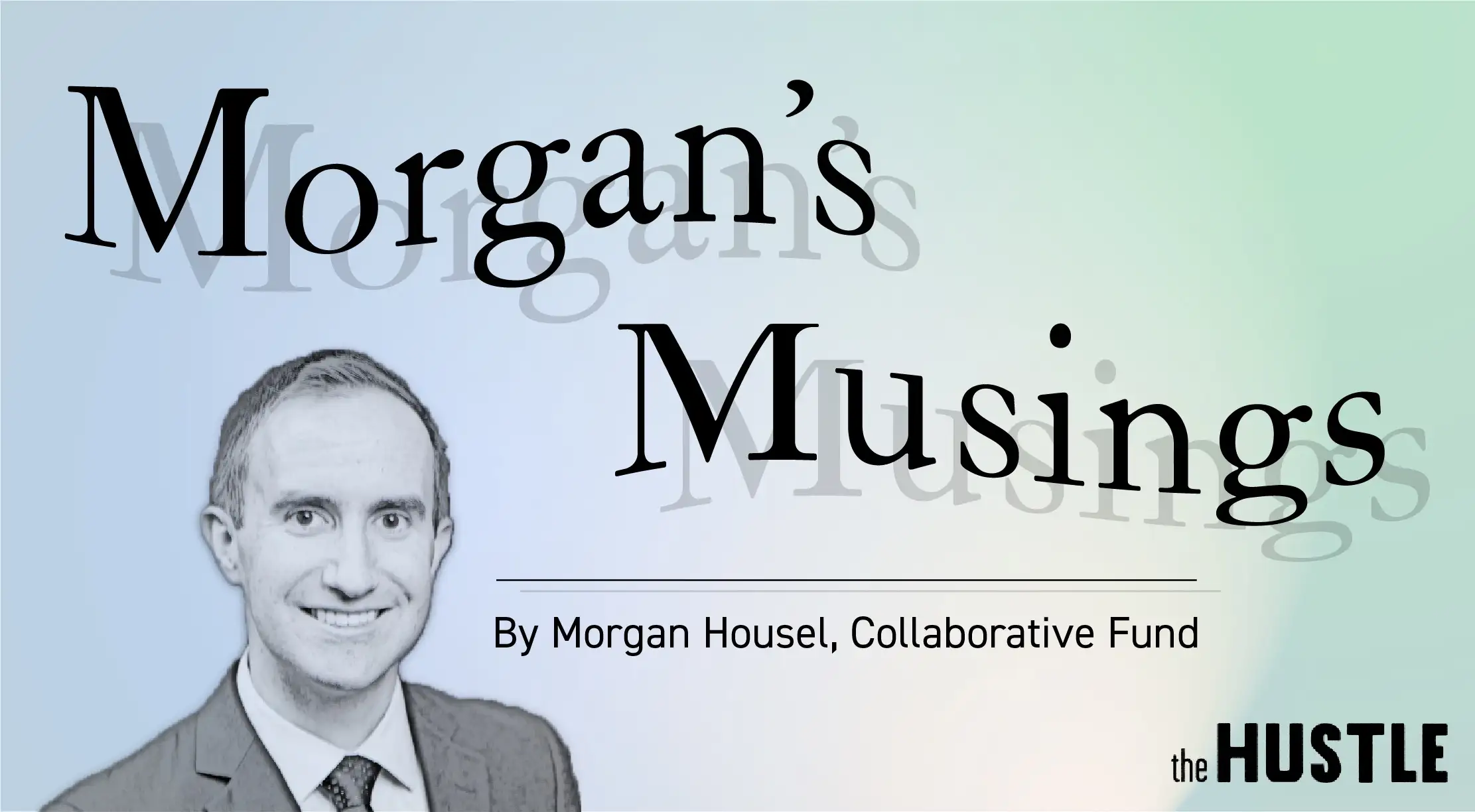Despite the record of things getting better for most people most of the time, pessimism isn’t just more common than optimism — it also sounds smarter.

It’s intellectually captivating, and draws more attention than the optimist who often looks oblivious.
Optimism sounds like a sales pitch, while pessimism sounds like someone trying to help you.
Especially nowadays…
… when bad news is so rampant. But there are three big things the seduction of pessimism tends to ignore:
- Being an optimist doesn’t mean you think everything will be great. It means you think things will work out in the long-run, even if the short-run is a constant chain of setbacks, surprises, hassles, and challenges.
- People adapt. If you extend every negative trend indefinitely into the future, things look terrible. If instead you assume that every negative trend sparks a new innovation, an incentive to do things differently, and a signal that a problem needs more attention, it’s less daunting — even exciting. Every good thing you now enjoy came from a bad thing that someone wanted to fix.
- Bad news tends to happen fast, while good news moves slowly. There are no overnight miracles, but lots of overnight tragedies. Over time, the good news tends to be more powerful than the bad, but the speed at which they occur assures that bad news gets more attention than it deserves.
Topics:
Finance







